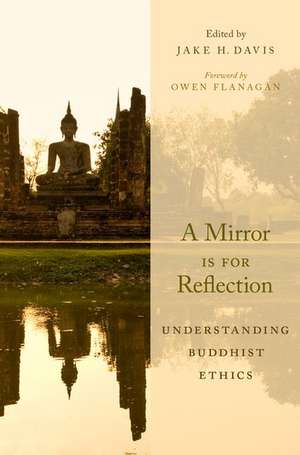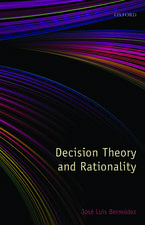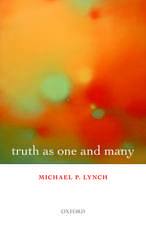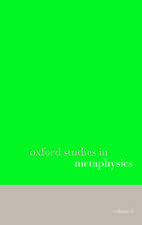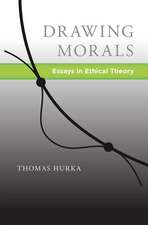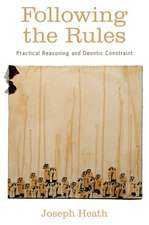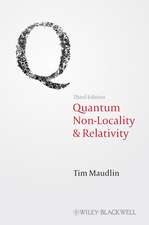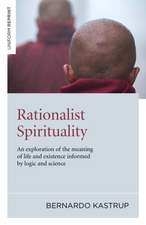A Mirror Is for Reflection: Understanding Buddhist Ethics
Editat de Jake H. Davis Cuvânt înainte de Owen Flanaganen Limba Engleză Hardback – 3 aug 2017
Toate formatele și edițiile
| Toate formatele și edițiile | Preț | Express |
|---|---|---|
| Paperback (1) | 329.52 lei 31-38 zile | +98.25 lei 6-12 zile |
| Oxford University Press – 3 aug 2017 | 329.52 lei 31-38 zile | +98.25 lei 6-12 zile |
| Hardback (1) | 703.62 lei 31-38 zile | |
| Oxford University Press – 3 aug 2017 | 703.62 lei 31-38 zile |
Preț: 703.62 lei
Preț vechi: 945.06 lei
-26% Nou
Puncte Express: 1055
Preț estimativ în valută:
134.64€ • 143.97$ • 112.26£
134.64€ • 143.97$ • 112.26£
Carte tipărită la comandă
Livrare economică 07-14 aprilie
Preluare comenzi: 021 569.72.76
Specificații
ISBN-13: 9780190499778
ISBN-10: 019049977X
Pagini: 388
Dimensiuni: 244 x 162 x 25 mm
Greutate: 0.68 kg
Editura: Oxford University Press
Colecția OUP USA
Locul publicării:New York, United States
ISBN-10: 019049977X
Pagini: 388
Dimensiuni: 244 x 162 x 25 mm
Greutate: 0.68 kg
Editura: Oxford University Press
Colecția OUP USA
Locul publicării:New York, United States
Recenzii
The paradox of Buddhist ethics, as any philosophical paradox, can humble people in their dangerous religious certainties and start them wondering afresh about the best way to live their lives during troubling times. Buddhist practitioners are also credited to provide strong exemplars in the world of people who practice what they preach (or rather, decline to preach) and who strive for modest, morally exemplary lives, grounded in kindness. After all, if there is no self, what point exists in acting self-servingly? For these reasons alone, Buddhist ethics constitutes a worthy contemplation. Thanks for this new volume that rethinks how that paradox arises and how it may be resolved, for that inquiry itself constitutes good works.
Notă biografică
Jake H. Davis is a Postdoctoral Associate at New York University with the Virtues of Attention project. He has taught at Brown University and at the City of College of New York. He has authored and co-authored articles at the intersection of Buddhist philosophy, moral philosophy, and cognitive science, drawing on his textual, meditative, and monastic training in the Theravada Buddhist tradition of Burma (Myanmar).
